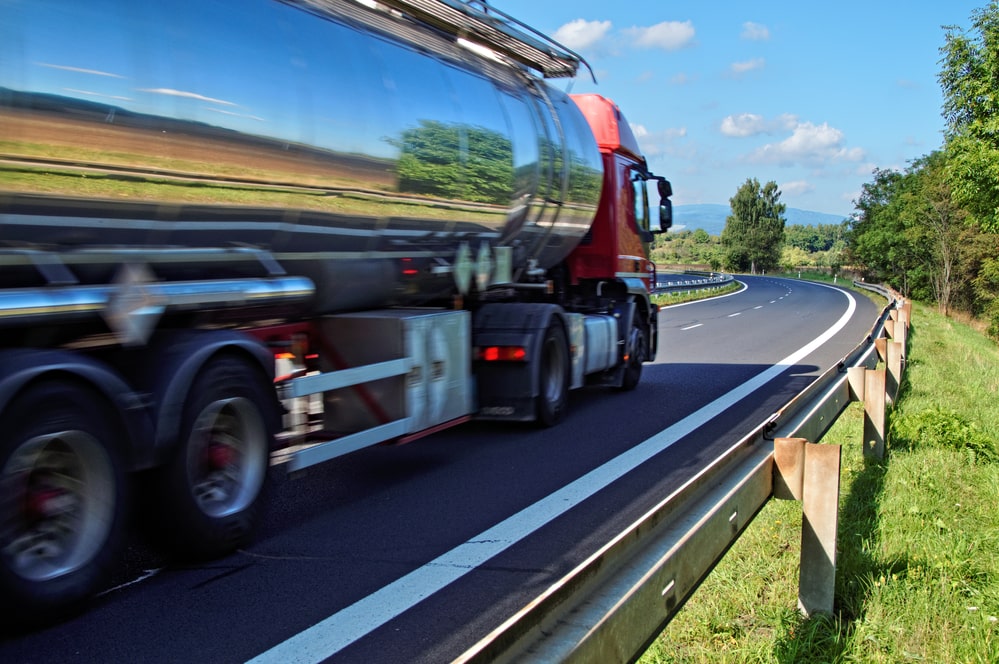Truck accidents are among the most devastating on the road, often resulting in significant property damage, severe injuries, or even fatalities. Unlike typical car accidents, determining liability in truck collisions can be a complex endeavor. As an experienced truck accident lawyer – including those who practice at the Law Office of Daniel E. Stuart, P.A. – can confirm, with multiple parties involved, from drivers to trucking companies and even manufacturers, pinning down who’s at fault isn’t always straightforward. One or more of the following parties is likely liable for harm caused during any particular truck accident scenario.
The Truck Driver
It’s logical to start with a truck driver involved in a particular when considering liability. Instances of driver fatigue, distracted driving, driving under the influence, or other violations can lead directly to accidents. If it’s proven that the truck driver violated any laws or was negligent, they could be held liable.
A Trucking Company
Oftentimes, the actions (or inactions) of the trucking company come under scrutiny after an accident. Did the company enforce regular maintenance checks? Were drivers encouraged or incentivized to skip mandatory rest breaks to meet tight delivery schedules? Did they hire drivers without thorough background checks? If the answer to any of these questions is yes, the trucking company could share in the blame.
Truck Maintenance Companies
Some trucking companies outsource the maintenance of their fleet to third parties. If an accident occurred due to mechanical failure – say, brake malfunction or tire blowout – and it’s proven that the maintenance company was negligent in its duties, they might be held responsible.
Truck Manufacturers
On occasion, the fault might lie not in how the truck was driven or maintained, but in its very design or manufacturing. Defective parts or design flaws that lead to accidents can point liability towards the truck or parts manufacturer.
Cargo Loaders
Trucks transport a variety of goods, some of which are hazardous. If an improperly loaded or overloaded truck causes an accident – for instance, if cargo shifts and upsets the truck’s balance – the party responsible for loading the truck might be found liable.
Other Motorists
It’s essential not to overlook the possibility that other drivers on the road might have contributed to the accident. A reckless motorist who cuts off a truck, for example, could be partially or wholly at fault.
Determining Liability: A Multi-Faceted Approach
Given the potential for multiple parties to be involved, determining liability requires a comprehensive, multi-faceted approach:
- Accident Reconstruction: Experts might be called upon to recreate the accident, helping to clarify events leading up to the collision.
- Witness Statements: Testimonies from those who witnessed the accident can provide valuable insights into its cause.
- Driver Logs and Company Records: Reviewing these can reveal if fatigue played a role or if the company had prior knowledge of vehicle maintenance issues.
- Vehicle Inspections: A thorough inspection can highlight if mechanical failure was a factor.
- Review of Training and Hiring Practices: This can unveil if the trucking company was negligent in training its drivers or if they hired someone with a questionable driving history.
Determining liability in truck accidents is rarely simple. The sheer size and weight of trucks, combined with the multitude of parties involved in their operation, means that investigations need to be thorough and encompassing. If you or a loved one has been involved in a truck accident, it’s crucial to consult with legal professionals familiar with such scenarios. They can guide you through the process, ensuring all avenues are explored in your quest for justice and compensation.


